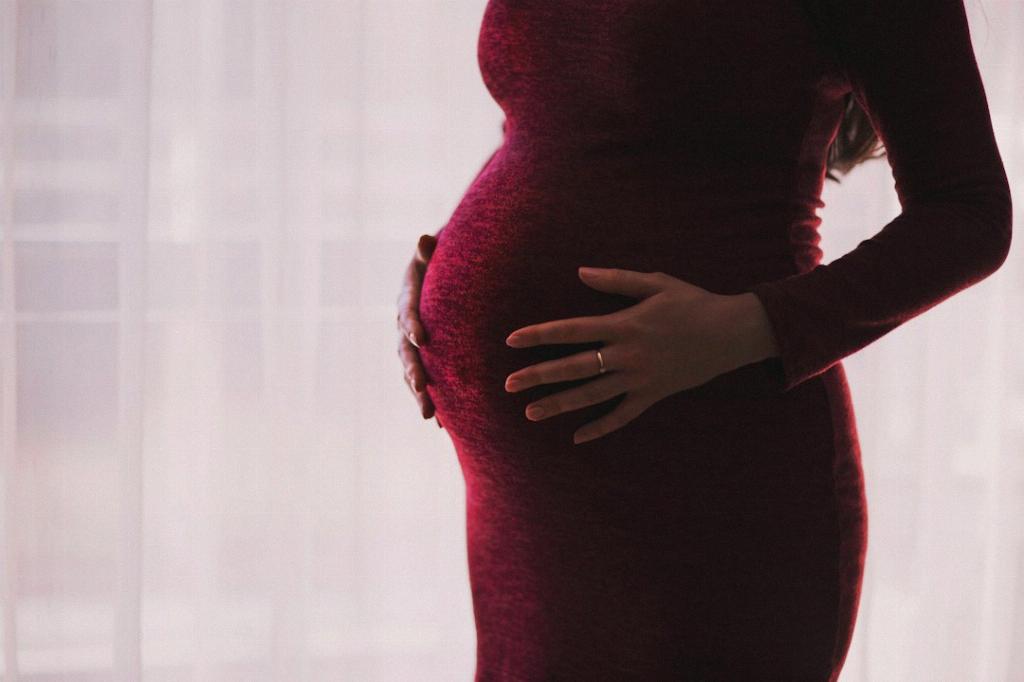Experiencing dizziness during pregnancy can be quite common, but it can still be unsettling. Fortunately, there are strategies you can employ to help alleviate and prevent this sensation. Here are some tips to help you manage dizziness during pregnancy:
Keep Moving to Improve Circulation
One simple way to combat dizziness is to keep moving when you’re standing. By shifting your weight from one foot to the other or gently swaying, you can promote better circulation and reduce the likelihood of feeling lightheaded.
Be Mindful of Your Position
Make sure to take your time when transitioning from sitting to standing or lying down to sitting. The sudden changes in position can sometimes trigger dizziness, so moving slowly can help your body adjust more gradually.
Avoid Lying on Your Back
Especially as your pregnancy progresses into the second and third trimesters, avoid lying flat on your back for extended periods. This position can put pressure on a major vein that returns blood to the heart and may lead to dizziness or a drop in blood pressure.
Stay Hydrated
Dehydration can exacerbate feelings of dizziness, so be sure to drink plenty of water throughout the day. Sipping on water frequently can help maintain your hydration levels and support proper circulation.
Eat Regular, Healthy Meals
Low blood sugar levels can contribute to dizziness, so aim to eat regular, nutrient-rich meals and snacks throughout the day. Focus on incorporating complex carbohydrates, proteins, and healthy fats to help stabilize your blood sugar levels.
Avoid Standing for Prolonged Periods
If you find that standing for a long time exacerbates your dizziness, try to incorporate breaks where you sit down and elevate your feet. This can help improve blood flow and reduce the strain on your body.
Practice Gentle Exercises
Engaging in light, low-impact exercises like prenatal yoga or walking can help improve circulation and overall cardiovascular health. These gentle movements can support your body’s ability to regulate blood flow and reduce feelings of dizziness.
Monitor Your Blood Pressure
Regularly monitoring your blood pressure during pregnancy can provide valuable insights into your overall health and help identify any potential issues that may be contributing to dizziness. Consult with your healthcare provider for guidance on monitoring your blood pressure at home.
Get Sufficient Rest
Ensuring you get enough rest and sleep is crucial for supporting your body’s overall well-being during pregnancy. Fatigue can sometimes exacerbate feelings of dizziness, so prioritize adequate rest to help manage these symptoms.
Avoid Hot, Humid Environments
Exposure to hot and humid environments can sometimes trigger dizziness in pregnant women. If possible, try to stay in cool, well-ventilated spaces to help regulate your body temperature and reduce the likelihood of feeling lightheaded.
Consider Compression Stockings
If you experience dizziness related to low blood pressure or circulation issues, wearing compression stockings may help improve blood flow in your legs and lower body. These stockings provide gentle pressure to support circulation and reduce the risk of lightheadedness.
Consult with Your Healthcare Provider
If you continue to experience persistent or severe dizziness during pregnancy despite implementing these strategies, it’s essential to consult with your healthcare provider. They can offer personalized recommendations and ensure that there are no underlying medical concerns contributing to your symptoms.

